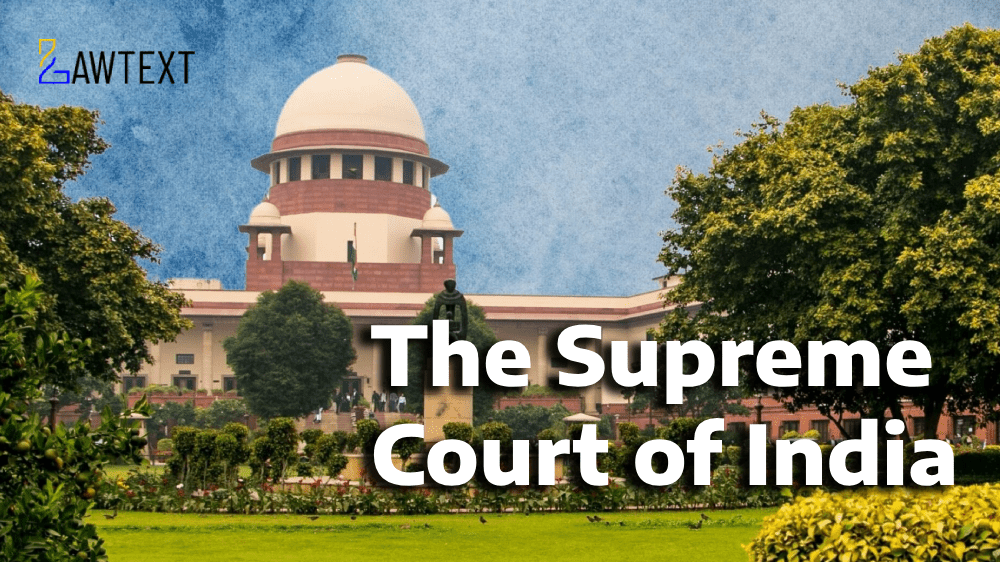

The Supreme Court examined the provisions of Section 29A of the Arbitration and Conciliation Act, 1996. The core issue was whether an application for an extension of time for making an arbitral award can be filed after the expiry of the mandate of the arbitral tribunal. The Court overturned the Calcutta High Court’s decision, which held that such an application must be filed before the mandate expired. The Supreme Court ruled that courts have the discretion to extend the time period even after its expiry if there is sufficient cause, thereby aligning with the decisions of several other High Courts, including Delhi, Bombay, and Madras.
Can a party file an application for an extension of time under Section 29A of the Arbitration and Conciliation Act, 1996, after the expiry of the arbitral tribunal’s mandate?
The Calcutta High Court had ruled that the application for extension must be filed before the expiry of the arbitral mandate, denying the possibility of post-expiry applications.
The Supreme Court overruled the Calcutta High Court, holding that such applications are maintainable even after the expiry of the arbitral mandate.
The Supreme Court emphasized that party autonomy is central to arbitration, and a rigid interpretation of Section 29A would hinder its objective. The term "terminate" in Section 29A(4) does not imply that the tribunal’s mandate ends irreversibly. Rather, courts retain the power to extend the time for making an award even after the period has expired. The decision is aimed at promoting the timely completion of arbitration while balancing the flexibility required to address delays.
Arbitration, Extension of Time Limits
Section 29A, Tribunal Mandate
Citation: 2024 LawText (SC) (9) 124
Case Number: CIVIL APPEAL NO. OF 2024 (Arising out of Special Leave Petition (Civil) No. 23320 of 2023) W I T H CIVIL APPEAL NO. OF 2024 (Arising out of Special Leave Petition (Civil) No. 24489 of 2023) CIVIL APPEAL NO. OF 2024 (Arising out of Special Leave Petition (Civil) No. 26938 of 2023) CIVIL APPEAL NOS. OF 2024 (Arising out of Special Leave Petition (Civil) Nos. 26990-26991 of 2023) CIVIL APPEAL NO. OF 2024 (Arising out of Special Leave Petition (Civil) No. 27353 of 2023) CIVIL APPEAL NO. OF 2024 (Arising out of Special Leave Petition (Civil) No. 1344 of 2024) CIVIL APPEAL NO. OF 2024 (Arising out of Special Leave Petition (Civil) No. 2115 of 2024) CIVIL APPEAL NO. OF 2024 (Arising out of Special Leave Petition (Civil) No. 8131 of 2024) CIVIL APPEAL NO. OF 2024 (Arising out of Special Leave Petition (Civil) No. 12170 of 2024) A N D CIVIL APPEAL NOS. OF 2024 (Arising out of Special Leave Petition (Civil) Nos. 13975-13976 of 2024)
Date of Decision: 2024-09-12
Case Title: ROHAN BUILDERS (INDIA) PRIVATE LIMITED VERSUS BERGER PAINTS INDIA LIMITED
Before Judge: (SANJIV KHANNA J., R. MAHADEVAN J.)
Appellant: ROHAN BUILDERS (INDIA) PRIVATE LIMITED
Respondent: BERGER PAINTS INDIA LIMITED